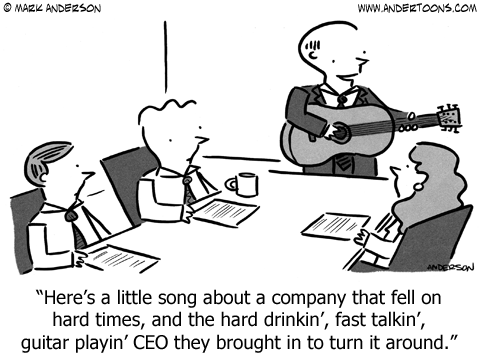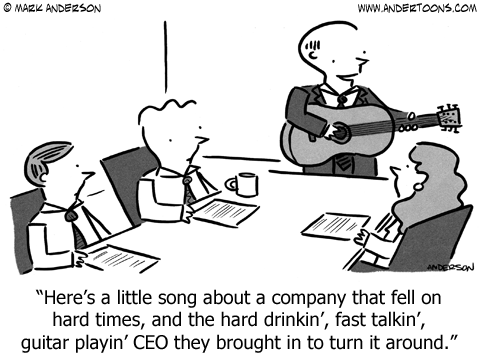Learning to be a better CEO is key for entrepreneurs who don’t set off to be managers and have fallen into the role by virtue of their own creation.
Below are the top nine lessons from my CEO experience at PeoplePerHour.
- Learn to ask what’s important. Learn to have three major priorities at any one time. Sure, you will always have a backlog of little things. But don’t become a victim of your to-do list. Develop daily amnesia — ask yourself what is most important every day.
- Focus on stakeholder value. It’s easy to get too absorbed in your deep passion for what you do and lose sight of what you are there to do as CEO: drive stakeholder value. Create value for your customers, value for your team and value for your shareholders.
- Tell stories. The best way to get your message across is through storytelling. Don’t use buzzwords, geek talk and heavy corporate language. Keep it human, light and humorous. You need to charm you team, your customers, your shareholders. People relate to stories, not buzzwords.
- Have a deep sense of purpose. Ask yourself: if your business disappeared tomorrow, would it really matter? To whom? And why? Make a difference to the world. At PeoplePerHour we have a solid sense of purpose we serve: Allowing people to live their dream of becoming their own boss and building their business from the ground up.
- Be the gatekeeper. Don’t confuse delegation with gatekeeping. You need to be the ultimate gatekeeper in your company — you are the one defining and setting the standard. People will push you to compromise your standards for the sake of moving faster or for more freedom. Don’t be tricked and stay true to yourself.
- Set high goals. Don’t start small. Your team members will often tell you to to “start small.” If you start small you stay small! Start big and set big bold goals. If you set the goalpost low, you will be good at best. Stretch staff beyond their limits. They may complain that you expect too much, but in the end they will thank you for it. There is no greater reward then helping your employees achieve what they thought was unachievable.
- Self-reflect and step up. Don’t confuse confidence with self-reflection. Great CEOs are very self-reflective and demanding of themselves. Don’t doubt yourself in front of your team. Doubt yourself when you go home and look in the mirror. Figure out what your team needs from you. If you’re not stepping up every day, you will remain stagnant.
- Serve others. Your job as a CEO is to serve others more than they serve you. Stop thinking about what you need from people and ask them what they need from you. Figure out what your customers need, what your team needs, and what your shareholders need. Then help them make it happen.
- Develop a thick skin. Being CEO of a business – especially if you are the founder – is an emotional roller coaster. You will have some very low moments. Don’t let the emotional pressure break you. People will read you better than you think, and if they smell vulnerability and weakness, you wield less power.
Xenios Thrasyvoulou is a passionate PPHer, avid blogger, lover of art, design, and all things quirky and minimal but words in particular; he’s also a fan of the uncommon and unconventional and a vintage fanatic who specialises in poking the fire and stirring things up, and suffers from an overly curious mind. Xenios is the accidental founder of, and now fully and truly wed to, PeoplePerHour.
The Young Entrepreneur Council (YEC) is an invite-only organization comprised of the world’s most promising young entrepreneurs. In partnership with Citi, YEC recently launched StartupCollective, a free virtual mentorship program that helps millions of entrepreneurs start and grow businesses.



